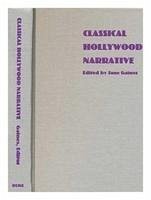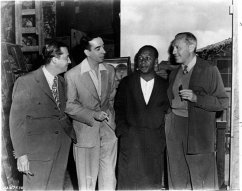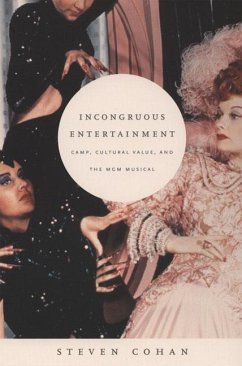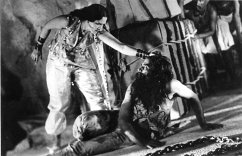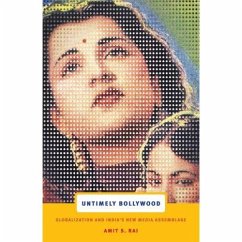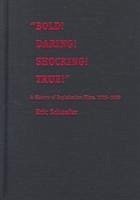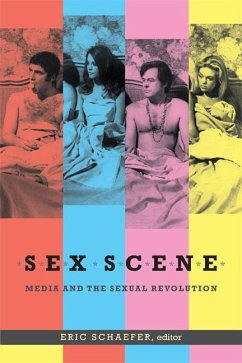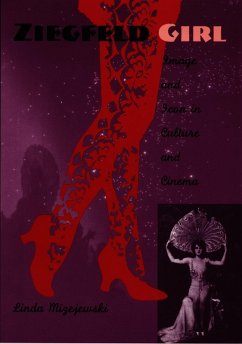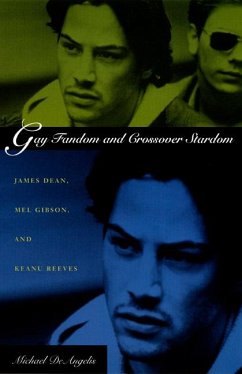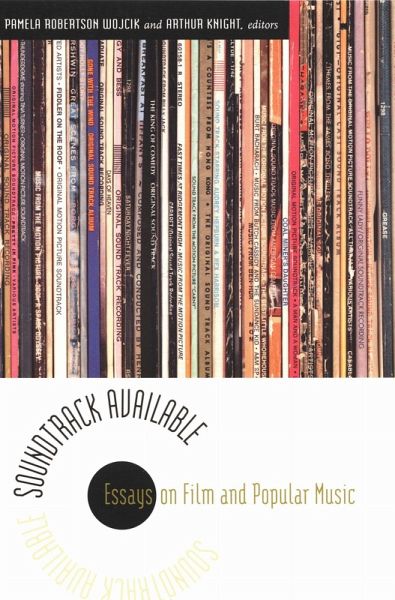
Soundtrack Available
Essays on Film and Popular Music
Herausgeber: Knight, Arthur; Wojcik, Pamela Robertson
Versandkostenfrei!
Versandfertig in über 4 Wochen
126,99 €
inkl. MwSt.
Weitere Ausgaben:

PAYBACK Punkte
63 °P sammeln!
From the silent era to the present day, popular music has been a key component of the film experience. Yet there has been little serious writing on film soundtracks that feature popular music. Soundtrack Available fills this gap, as its contributors provide detailed analyses of individual films as well as historical overviews of genres, styles of music, and approaches to film scoring. With a cross-cultural emphasis, the contributors focus on movies that use popular songs from a variety of genres, including country, bubble-gum pop, disco, classical, jazz, swing, French cabaret, and showtunes. T...
From the silent era to the present day, popular music has been a key component of the film experience. Yet there has been little serious writing on film soundtracks that feature popular music. Soundtrack Available fills this gap, as its contributors provide detailed analyses of individual films as well as historical overviews of genres, styles of music, and approaches to film scoring. With a cross-cultural emphasis, the contributors focus on movies that use popular songs from a variety of genres, including country, bubble-gum pop, disco, classical, jazz, swing, French cabaret, and showtunes. The films discussed range from silents to musicals, from dramatic and avant-garde films to documentaries in India, France, England, Australia, and the United States. The essays examine both “nondiegetic” music in film-the score playing outside the story space, unheard by the characters, but no less a part of the scene from the perspective of the audience-and “diegetic” music-music incorporated into the shared reality of the story and the audience. They include analyses of music written and performed for films, as well as the now common practice of scoring a film with pre-existing songs. By exploring in detail how musical patterns and structures relate to filmic patterns of narration, character, editing, framing, and mise-en-scene, this volume demonstrates that pop music is a crucial element in the film experience. It also analyzes the life of the soundtrack apart from the film, tracing how popular music circulates and acquires new meanings when it becomes an official soundtrack. Contributors. Rick Altman, Priscilla Barlow, Barbara Ching, Kelley Conway, Corey Creekmur, Krin Gabbard, Jonathan Gill, Andrew Killick, Arthur Knight, Adam Knee, Jill Leeper, Neepa Majumdar, Allison McCracken, Murray Pomerance, Paul Ramaeker, Jeff Smith, Pamela Robertson Wojcik, Nabeel Zuberi





